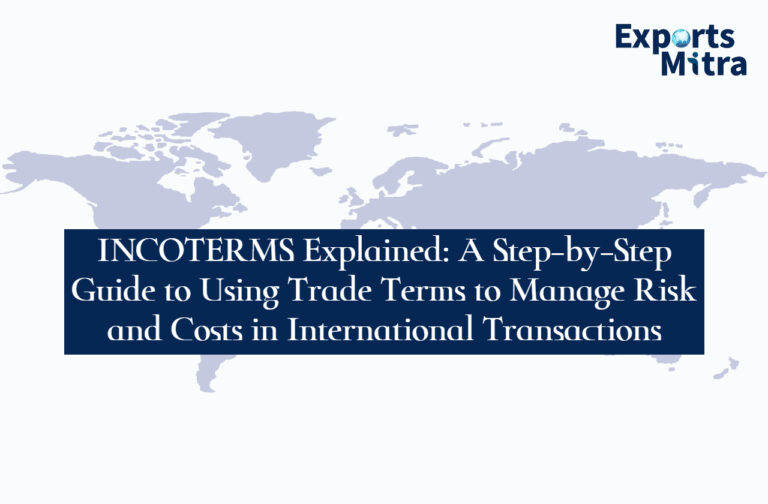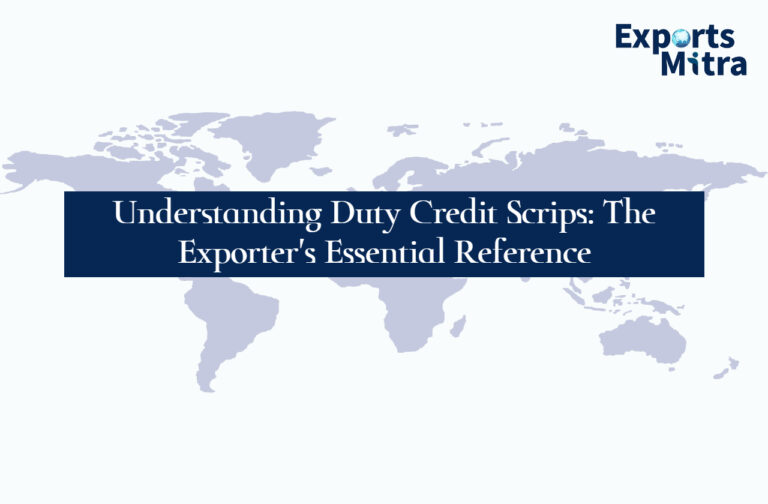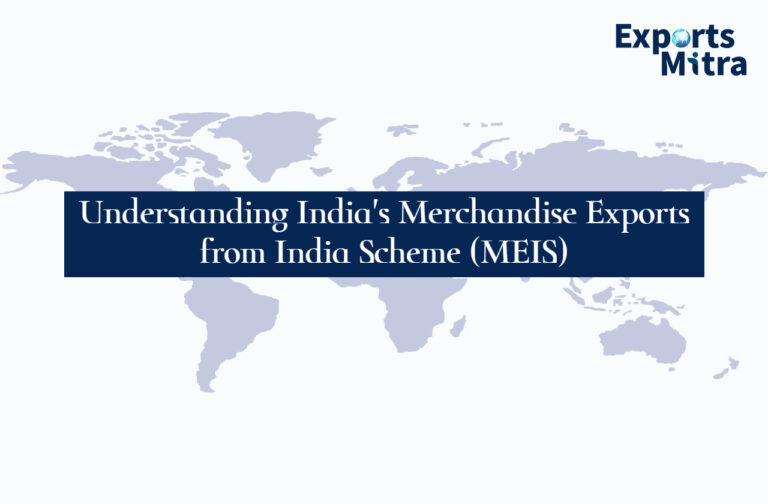The SBI General Insurance Co. Ltd. Trade Credit Insurance Policy is designed to protect businesses against the risk of non-payment by their buyers, ensuring that companies can maintain their financial stability even when their customers fail to pay their debts. This policy is essential for businesses involved in both domestic and export sales, offering coverage for a variety of risks associated with non-payment.
1. Operative Clause
The Trade Credit Insurance Policy by SBI General Insurance Company Limited (referred to as “the Company”) indemnifies the insured against losses due to non-payment of insured debts by any approved buyer. This protection applies to both domestic and export sales made during the policy period. The indemnity is subject to the terms, warranties, conditions, exclusions, definitions, and limits specified in the policy, up to the maximum liability for the insured percentage of the insured loss.
2. Insured Risks
The policy covers two primary risks:
- Insolvency of the Approved Buyer: This is triggered when the buyer is declared bankrupt, makes a valid assignment for the benefit of creditors, a receiver or liquidator is appointed, a compulsory winding-up order is made, a voluntary winding-up resolution is passed (not for reconstruction or amalgamation), or an equivalent condition under other legal systems.
- Presumed Insolvency or Protracted Default: This includes domestic and export risks. For domestic risks, it covers the failure of the approved buyer to pay the insured debt by the due date, including any extensions. For export risks, it also covers non-payment due to political risks like expropriation, confiscation, piracy, requisition, embargo, nationalization, or destruction of assets by government actions.
3. Key Definitions
Understanding the key definitions in the policy is crucial for proper application:
- Approved Buyer: A buyer on whom a credit limit is approved by the Company or a discretionary limit is approved by the insured.
- Annual Aggregate Deductible (AAD): The overall claim liability limit for the insured, beyond which the Company indemnifies the remaining claims subject to policy limits.
- Contract of Sale: The sale agreement where the buyer agrees to pay the gross invoice value.
- Due Date: The date when the buyer must pay their debt according to the sales contract.
- Discretionary Credit Limit: The credit limit that allows the insured to make internal credit decisions up to a specified amount.
- Domestic Sales: Sales to buyers incorporated locally in India.
- Export Sales: Sales to buyers not incorporated locally in India.
- Excess: The first portion of each loss that the insured must bear.
- Gross Invoice Value: The invoice value including insurance, freight, and other charges but excluding interest, penalties, and fines.
- Granted Credit Limit: The maximum amount insured by the Company on an approved buyer.
- Insurable Turnover: The total invoice value of sales made to approved buyers during the policy period.
- Insured Debt: The amount owed under an invoice for sales made in the insured’s name within the geographic area defined in the policy.
- Insured Loss: The confirmed portion of the insured debt owed by the buyer at the date of insolvency or protracted default.
- Insured Percentage: The maximum percentage of the insured loss payable by the Company.
- Maximum Credit Period: The original due date plus the maximum extension period, not exceeding 180 days for domestic sales and 365 days for export sales.
- Maximum Liability: The maximum amount payable by the Company during a policy period.
- Net Debt: The balance of a loss account including the amount of the invoices covered under the policy.
- Non-Qualifying Loss (NQL): Losses below a certain amount that do not qualify for indemnification.
- Policy Period: The period, not exceeding 12 months, for which cover is provided.
- Provisional Premium: The portion of the premium applicable to the estimated turnover, payable in advance.
- Sales/Services: Goods or services that have passed irretrievably into the control of the buyer or their agents.
- Salvage: Monies, securities, goods recovered, and sums recoverable that reduce the amount of any insured debt.
- Sanctions & Embargoes Clause: Excludes risks where insurance does not comply with applicable laws or trade restrictions.
- Whole Turnover: The turnover of the entire sales of the insured during the policy period.
- Claims Waiting Period: The period after the due date when a claim becomes payable.
4. Exclusions
The policy has several exclusions, including but not limited to:
- Losses exceeding the granted or discretionary credit limit.
- Disputed debts.
- Non-compliance with credit limit terms.
- Shipments made after the refusal or cancellation of a credit limit.
- Non-payment due to government actions or political risks not covered by specific endorsements.
- Delays in fund transfers to India or exchange rate changes.
- Sales to buyers with adverse information or overdue accounts.
- Non-fulfillment of sales contract obligations.
- Loss of control over goods in cash against document sales.
- Acceptance of composition or arrangement without the Company’s approval.
- Assigning rights under the policy without approval.
- Sales made without necessary licenses.
- Fraud or dishonesty by employees.
- Sales under special contracts not covered by the policy.
- Intentional disregard of credit management procedures.
- Non-acceptance of goods or contract cancellation by the buyer.
- Losses due to nuclear explosion, war, terrorism, or civil commotion.
- Penalties or interest for late payment.
5. Credit Limits
The credit limits section details the process and conditions for setting and managing credit limits for buyers:
- Applications for credit limits must be made to the Company, which will decide on acceptance or refusal.
- Credit limits take effect from the policy commencement date if applied for within one month of commencement.
- The Company can reduce, cancel, or suspend credit limits at any time, with existing insured debts remaining covered.
- Credit limits are automatically canceled when a provisional claim is filed or should have been filed, or when the buyer becomes insolvent.
- The credit limit is revolving and ceases to operate if the buyer has an unpaid debt beyond the due date.
6. Claims
The policy outlines the procedure for filing claims, including the necessary documentation and conditions for claim approval:
- Claims must be filed after the claims waiting period specified in the policy.
- The insured must provide evidence of the insured debt, insolvency, or protracted default.
- The Company may require additional information or documentation to process the claim.
- Claims are subject to the annual aggregate deductible, non-qualifying loss amount, and insured percentage.
- The insured must cooperate with the Company in recovering any unpaid debts.
7. Policy Administration
The policy administration section includes details on premium payments, policy renewal, and termination conditions:
- Premiums are payable in advance based on estimated turnover.
- The policy may be renewed annually subject to mutual agreement.
- Either party may terminate the policy with prior notice, and the Company may terminate for specific reasons such as non-payment of premiums or breach of policy terms.
Conclusion
The SBI Trade Credit Insurance Policy offers comprehensive protection for businesses against the risk of non-payment by buyers. By covering both domestic and export sales, the policy helps companies mitigate financial risks, maintain cash flow, and secure their operations against insolvencies and defaults. Understanding the detailed terms, exclusions, and procedures outlined in the policy is essential for businesses to effectively utilize this insurance coverage.







Pls share SBI trade credit insurance all information
And how we take the policy
If you have any contact number pls share